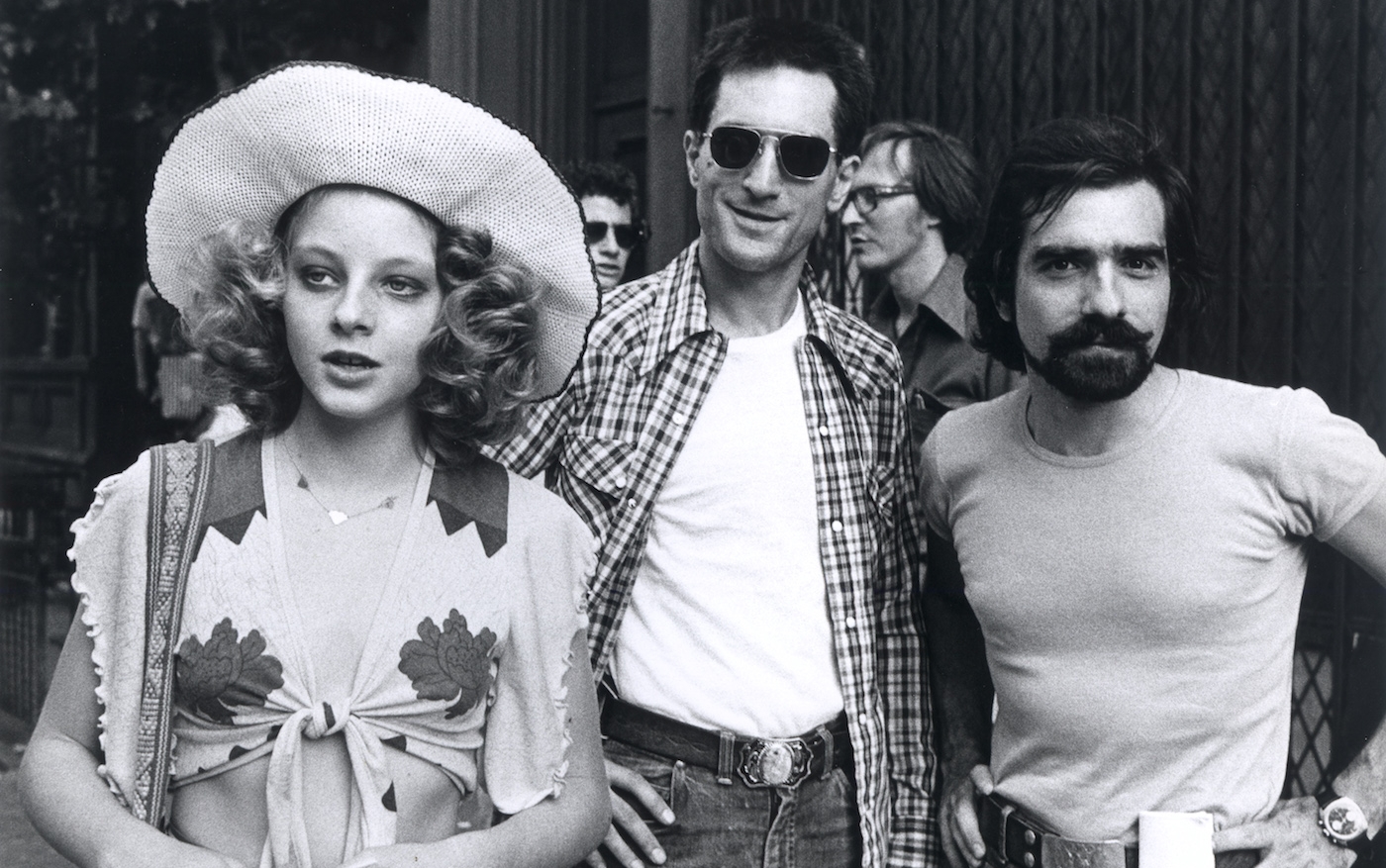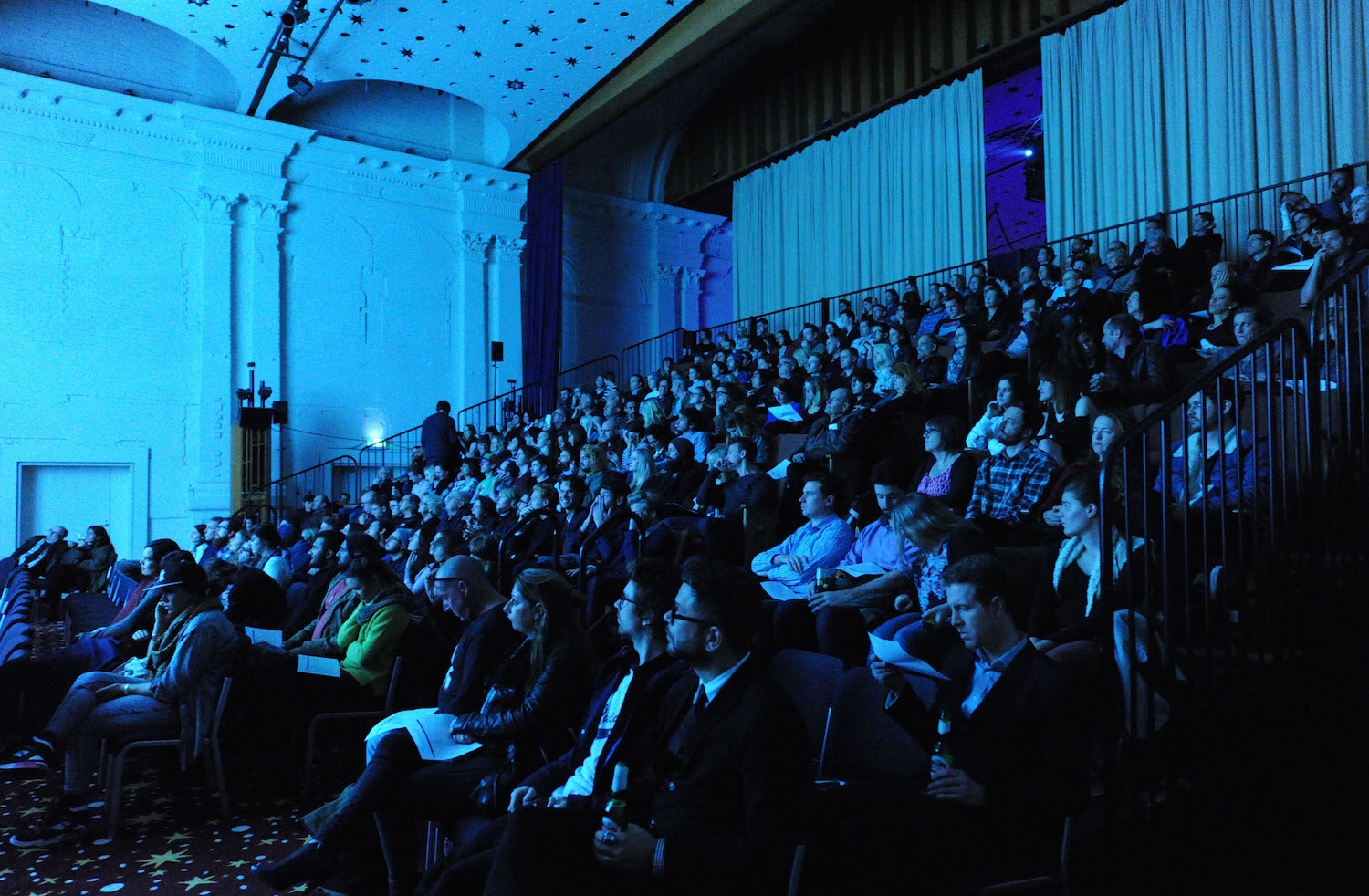“It’s certainly massive,” Hewison says. “There’s a lot of moving parts to it, and aptly so for one of the great auteurs of the 20th and 21st centuries.”
Essential Scorsese includes a glorious selection of films, hand-picked by legendary Australian film critic, David Stratton. In the opening week of the event, Stratton will also be presenting the Stratton on Scorsese talk, which promises to be a rousing evening of in-depth discussion concerning the choice cuts from his repertoire and what makes his work so important. There’s also the Scorsese: Friday Night Cinema series, where on selected Fridays between June and September ACMI will screen even more great films from the director. From contemporary biopic The Aviator to the game-changing crime drama Mean Streets, there’s plenty in store for everyone.
“It’s, in my eyes, at once revelatory. It’s necessarily dense. It mirrors his films,” Hewison says. “They’re at once universal, in terms of the pieces on show, as well as very personal, weaving in his upbringing and most particularly focusing on his parents.”
The Scorsese Film Club adds another layer to the enlightening tapestry of the exhibition. Hewison and film critic Philippa Hawker will oversee a series of discussions after the screening of a duo of films from the Essential Scorsese catalogue. With the films paired for either their thematic similarity or contrast, the fortnightly event will allow attendees to engage with others over their favourite Scorsese films, or gain insight into new discoveries.
“I have to say that I’m particularly interested in the film clubs, because they do provide an easy access point for audiences,” Hewison says. “Obviously, his work has spanned two to three generations worth of humans around the planet. We’ve focused them around a clutch of films in each instance across those four sessions. It’s really an opportunity for myself and [Hawker] to open up the conversation – not necessarily lead it, and certainly not dominate it, because it’s not intended to be any kind of master class. It’s really to tease out people’s responses to the films.”
Hewison regards Alice Doesn’t Live Here Anymore as a personal favourite. Influenced by European cinema of the time – especially by Scorsese’s mentor and fellow visionary John Cassavetes – this powerful, character-driven drama led by the fearless Ellen Burstyn was a great deviation from a director most often regarded as being heavily involved in the world of masculinity. In stark contrast to Alice is arguably the most ubiquitous of Scorsese’s work, Taxi Driver, a violent melting pot of themes familiar to Scorsese from his own upbringing.
With a huge variety of the director’s work on display, from the music documentary The Last Waltz to the classic glamour of The Age Of Innocence, the exhibition further showcases the thematically-varied and extensive level of his talent. The worlds of the universal and personal often collide in his films, while his uncompromising, all-encompassing design continues to attract people to them.
“He’s a fearless filmmaker,” Hewison says. “He draws remarkable performances from his actors and he’s as fearless as those performances. At it’s most fundamental, and what marks his early work most notably, is that he’s working off a very particular grid both emotionally as well as geographically. The ‘psycho-geography’ of his early work is very specific. You have a sense clearly through those films that he’s breathed the same air that the characters of his films have.
“That’s where really the exhibition is such a great kind of avatar; to not only rediscover the work itself in a completely different dimension to the work as it hits the screen, but it will certainly spur people to go back and revisit those works.”
BY JACOB COLLIVER

